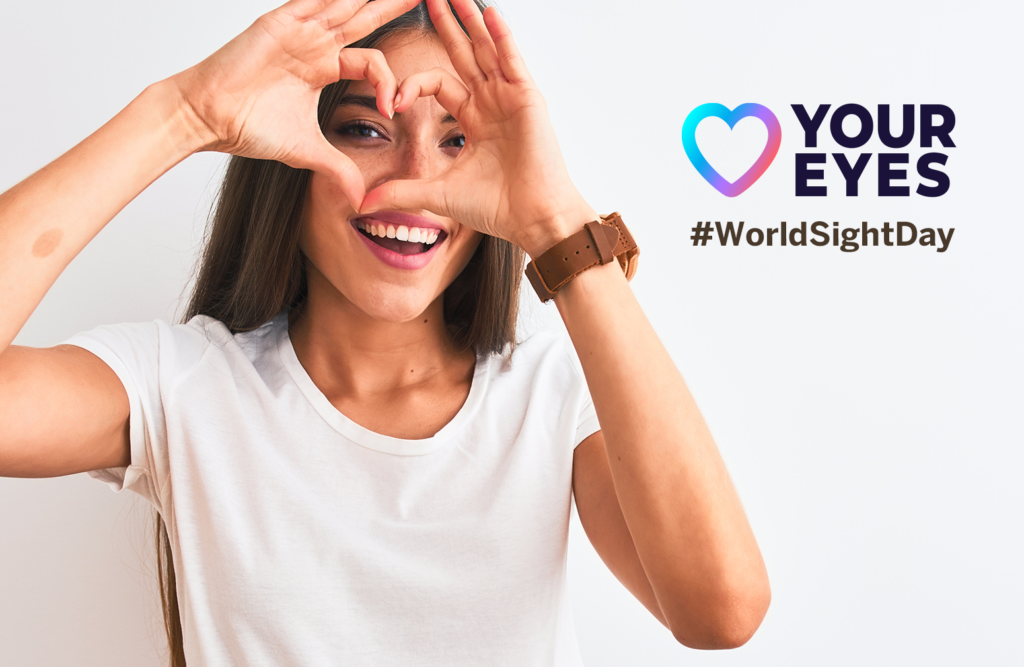
World Sight Day, Oct. 14, 2021, is an annual day of awareness to focus global attention on vision impairment, including blindness. According to the World Health Organization (WHO), at least 1 billion people have near or distance vision impairment that could be prevented or has yet to be addressed. Vision impairment affects people of all ages, with the majority being over the age of 50. Vision impairment and blindness can have major and long-lasting effects on all aspects of life, including daily personal activities, interacting with the community, school and work opportunities and the ability to access public services.
PlenOptika, Inc., creator of QuickSee™, the world’s most accurate handheld autorefractor, has created a grant program to place this innovative technology in the hands of mission- and faith-based non-profit organizations that deliver eyecare services to underserved and marginalized communities here and around the globe. 10 grants worth $1,500 toward the purchase of a QuickSee device will be made available to 501(c)(3) organizations that deliver care services to underserved and marginalized communities here in the U.S. or internationally.
A new paper recently published by Ophthalmology found that eyeglasses made from QuickSee handheld autorefractor measurements were accepted equally to those made from subjective refraction measurements. The findings indicate QuickSee could be used to radically expand access to eyeglasses in low resource settings, where there are insufficient professionals and clinical equipment to meet the demand for accurate prescriptions. (This is just the most recent of several peer-reviewed papers that document the unique value of QuickSee technology in a wide variety of eyecare settings.)
“These findings support our belief that the global burden of vision impairment can be met with innovative approaches and technology, not only in low-and middle-income countries, but also in wealthy countries like the US where vision care disparities persist,” said Shivang Dave, PhD, CEO and Co-founder of PlenOptika.
According to WHO, unoperated cataract and uncorrected refractive error are the leading causes of vision impairment. Other causes such as age-related macular degeneration, glaucoma, diabetic retinopathy, infectious diseases of the eye, and trauma, however, cannot be ignored and need to be addressed.
Recently at the 74th World Health Assembly, Member States adopted two new global targets for eye care by 2030—a 40 per cent increase in effective coverage of refractive errors and a 30 per cent increase in effective coverage of cataract surgery. These targets will play a key role in not only increasing global eye care coverage in the future but also in delivering quality services.
Are you ready to learn how to use QuickSee Free / Free Pro effectively? Tell us about yourself and your circumstances and we will reach out to arrange a training session with you.